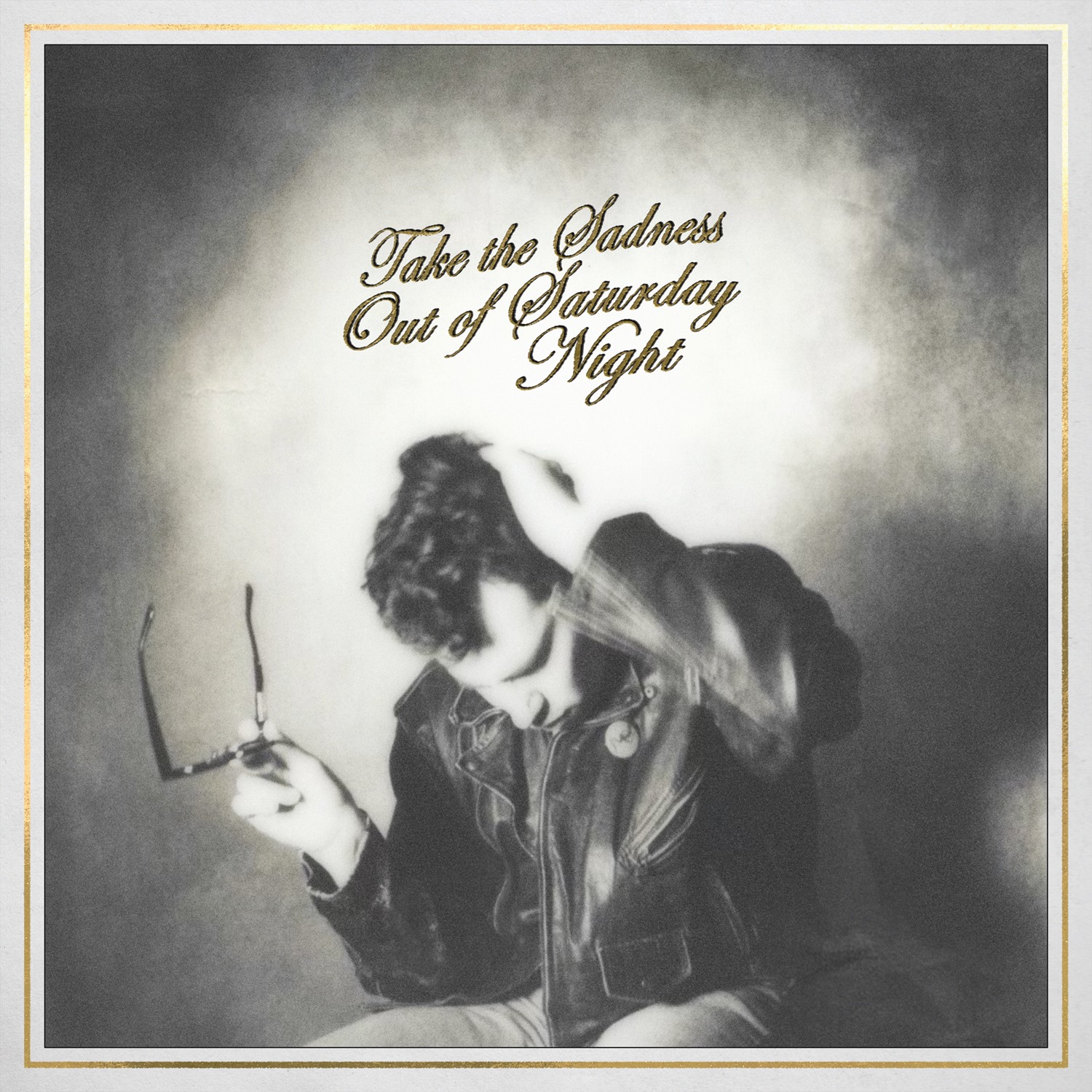
Music Editor Sammy Andrews reviews the latest Bleachers album, explaining how it walks the line between passionate expression and introspective reflection
Bleachers have become known for their anthem-led, indie-pop sound that makes you feel as if you are in a film. Jack Antonoff is notable in his own right for production credits that span across Taylor Swift, Lorde and Clairo’s discography this year alone; however, with Bleacher’s latest and third album Take the Sadness Out of Saturday Night, there seems to be somewhat of an introspective and confessional approach taken. It leans in part away from grand production and revels peacefully in reflection. The album straddles the line of assurance, never quite being certain of itself both thematically and musically, and the result is a Bleachers album that seeks new heights but never quite sticks with them, posing questions that it never quite answers.
you can feel Antonoff plucking musical influences and melding them into the euphoric soundtrack of Bleachers’ sound
Throughout Take the Sadness Out of Saturday Night, you can hear Jack Antonoff leaning into older influences and stripping back his sound a lot more. These moments of classic influence are some of the best on the album, with the ‘Chinatown’ featuring Bruce Springsteen establishing the guitar-led rock roots of this sound. This song immediately bridges into ‘How Dare You Want More,’ an upbeat acoustic track that builds to a crescendo of saxophone and drums. It sounds plucked straight out of Springsteen’s back catalogue. Even later in the album in the acoustic track ‘45’ there is a sensational burst of emotion and passion that really speaks to these roots, whilst retaining an authentic Bleachers feel. In these songs, you can feel Antonoff plucking musical influences and melding them into the euphoric soundtrack of Bleachers’ sound.
Yet, these songs seem like slight drops of magic within the rest of the album. I wish that Bleachers would have taken that angle and fully ran with it, yet instead, they chose to turn inwards. This is not to say that this approach did not prove fruitful on the album. Antonoff himself described the album as ‘that moment when you’re at the end of something but you’re not at the beginning of something else yet’ which makes sense when approaching the musical limbo that the songs seem to fall into.
Themes of ghosts and shadows trace throughout Take the Sadness Out of Saturday Night in the more mellow and vulnerable songs such as ‘Secret Life’ featuring Lana Del Rey and ‘Big Life,’ ensuring that the album is always questioning the uncertain elements of life. The collaboration with Lana Del Rey is a beautiful melding of melodies that her voice smoothly carries. Yet, musically, they seem to fade into quietness compared to the potential reached in other songs. Take the Sadness Out of Saturday Night is never quite sure of where it wishes to go, and that is characteristic of the approach that Antonoff took on the record.
the stand-out moment on the album comes from the upbeat and joyful burst that is ‘Stop Making This Hurt’
For me, the stand-out moment on the album comes from the upbeat and joyful burst that is ‘Stop Making This Hurt.’ The saxophones, synths and guitars build into a chorus in which the vocals carry lyrics that you just want to shout along to. It is incredibly fun, and at its core, a brilliant example of Bleachers doing what they do best. Similarly, the track ‘Don’t Go Dark’ builds and bursts out into something massive. These songs stand alongside earlier tracks like ‘Chinatown’ as an example of where the album could have completely soared.
Overall, with Take the Sadness Out of Saturday Night I think that Bleachers have released an album that serves as a turning point. It lifts into its guitar rock roots and seeks out collaborations with giants of the sound like Springsteen, yet it also turns in within itself and ponders its own vulnerabilities. Its sense of limbo and uncertainty may be a deliberate choice, but I cannot help feel as if it would be something spectacular if given the space to truly delve into the potential of its sound. Antonoff however does not allow for Take the Sadness Out of Saturday Night to wither into this limbo, and though it asks questions that it never answers, each song is framed with a forward focusing perspective. It looks at what is coming next, and I for one cannot wait to see what that is.
Rating: 7/10
You Might Also Like:
Single Review: Bleachers – chinatown (feat. Bruce Springsteen)

Comments